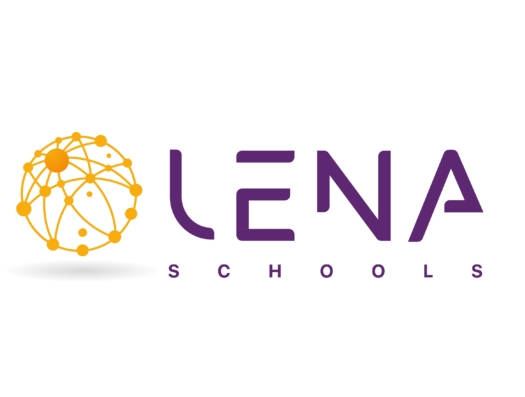Online education, also known as e-learning, brings numerous advantages and benefits to learners. Here are some pros of online education:
- Flexibility and Convenience: Online education allows students to have flexibility in scheduling their learning. They can access course materials, lectures, and assignments at any time and from anywhere with an internet connection. This flexibility is particularly beneficial for individuals who have work or family commitments, allowing them to balance their education with other responsibilities.
- Access to a Wide Range of Courses and Programs: Online education provides access to a vast array of courses and programs, including those offered by prestigious universities and institutions from around the world. Students can choose from a diverse range of subjects and pursue degrees, certifications, or specific skill development courses based on their interests and career goals.
- Personalized Learning Experience: Online education often offers personalized learning experiences. Students can learn at their own pace, review materials as needed, and focus on specific areas of interest or difficulty. They can customize their learning path and explore additional resources to deepen their understanding of the subject matter.
- Increased Accessibility and Inclusivity: Online education breaks down geographical barriers and makes education more accessible to a broader audience. It enables individuals who may not have access to traditional educational institutions due to location, physical limitations, or other constraints to pursue their educational goals. It promotes inclusivity by accommodating diverse learning styles and needs.
- Engaging Multimedia and Interactive Learning: Online courses often utilize multimedia elements, such as videos, interactive quizzes, simulations, and virtual labs, to enhance the learning experience. These engaging tools can make the learning process more interactive and dynamic, catering to different learning preferences and increasing student engagement.
- Cost-Effectiveness: Online education can be more cost-effective compared to traditional in-person learning. It eliminates the need for commuting or relocating, reducing transportation and accommodation expenses. Online courses often have lower tuition fees, and students can save on textbooks by accessing digital resources or open educational materials.
- Collaboration and Global Networking: Online education fosters collaboration and networking opportunities with students from diverse backgrounds and geographic locations. Virtual discussion forums, group projects, and online communities facilitate interaction, enabling students to learn from each other, share ideas, and broaden their perspectives. It creates a global learning environment that encourages cultural exchange and collaboration.
- Skill Development for the Digital Age: Online education equips students with digital literacy skills and familiarity with technology, which are essential in today’s digital age. The use of online learning platforms, communication tools, and digital resources prepares learners for the digital workplace and enhances their employability in various fields.
It’s important to note that the effectiveness of online education depends on factors such as the quality of the online platform, course design, instructor expertise, and student commitment. However, when implemented effectively, online education offers flexibility, accessibility, personalized learning, and a range of opportunities for students to acquire knowledge and skills.

